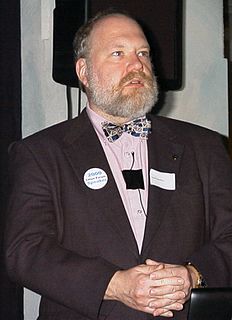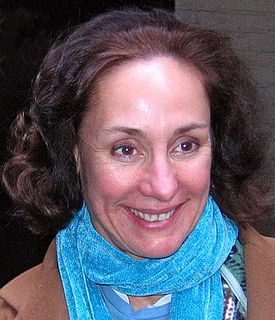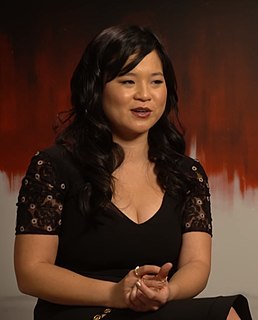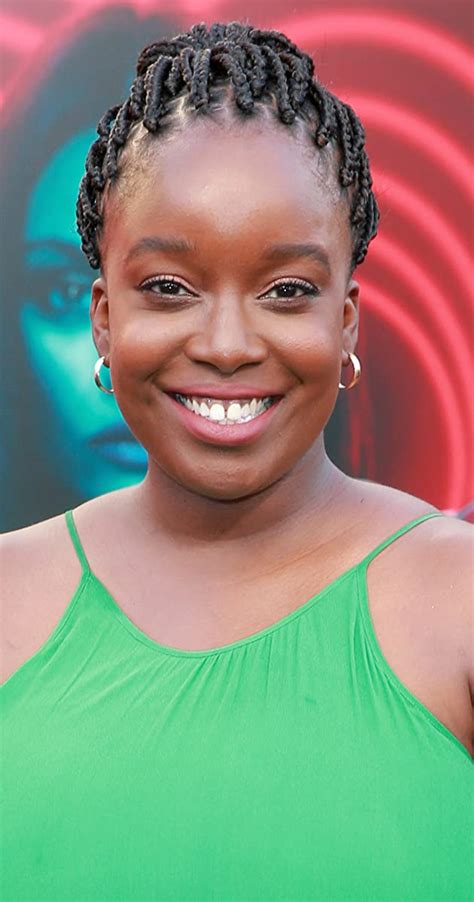A Quote by Sam Levinson
I tend not to approach things intellectually at first. Maybe after the fact i can look at it and see ultimately what it's doing. I start with the characters and their inner lives.
Related Quotes
I never really approach any project or story thinking of themes first or what a certain character 'represents.' Maybe other writers do, but for me, it just starts with the characters and a certain emotion I want to convey. It usually isn't until I get deeper into a book and look back a bit that I start to see the themes, etc.
Many people in Western culture are striving for success. They want the home, they want the great business. They want all of these outer things. But what we found in our research is that having those things, certainly doesn't guarantee what we really want, which is happiness. And that's when all those outer things come. They don't come from going after them first to get the happiness, it's backwards; you go for the sense of inner joy, of inner peace, of inner vision first and then all of the other things from the outside appear.
I tend to think of Pluto and its moons as presents sitting under a Christmas tree. They're wrapped, and from Earth all we can do is look at the boxes to see whether they're light or heavy, to see if something maybe jiggles a bit inside. We're seeing intriguing things, but we really don't know what's in there.
Milton Katselas said, "Who are you to look down your nose at Anna Magnani and Maureen Stapleton? Who do you think you are?" I was doing this kooky meditation at the time called inner-guide meditation, where you go into a cave and you have a guide, and you fly around. So I said to my inner guide, "Take me to the energy that's blocking me from accepting my casting" - because I understood it intellectually, but I didn't want to do it in my heart.
I look at a pilot and go, "I see the landscape. I see the characters. I see the direction and the potential of the story." And I also go, "That didn't work. I could change that. Maybe that works. I don't know. We'll see." For me, I look at it, as an actor, as what can I improve upon? So, to have it out there and judged solely on its own merit is really a unique experience for me.



































